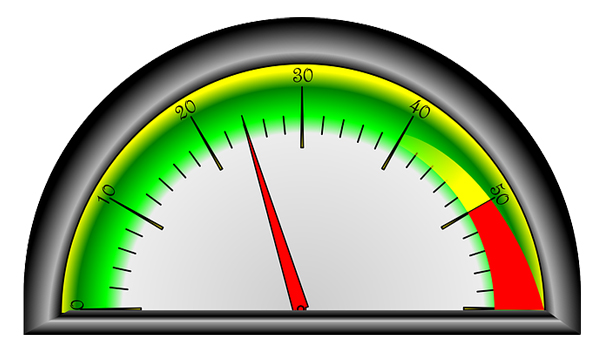Campaign Tracking
Campaign tracking is a method used by companies to analyze how users reach a website. It is commonly used to measure the success of online advertising campaigns.
Updated: November 2, 2023
Campaign tracking is a method used by companies to analyze how users reach a website. It is commonly used to measure the success of online advertising campaigns. Marketers can understand how well they are performing and what should be done differently next time with the effort of tracking campaigns.
A series of parameters attached to a link is used that points to a particular website. The behavior of each visitor who clicks the link can be tracked by these parameters. One of the only ways to identify whether a campaign is wasting or earning money is campaign tracking. Marketers cannot differentiate between website visitors and will not gain insight into which campaigns are performing without tracking. A wide variety of campaigns can be tracked by digital marketing services for a better chance of success.
Tracking URLs, Tracking pixels and Cookies are different types of campaign tracking. Organizations will be able to know their audience, optimize campaigns, Personalize content and increase conversions with campaign tracking.
Five basic parameters are used by Google Analytics to create campaign-tracked URLs. A glimpse into how the user reached the website is provided by each parameter. Source, Medium, Term, Content and Campaign are the basic elements of campaign tracking.
Marketers should use standardized parameters, avoid tagging internal links and know how to use different UTM parameters to maximize campaign tracking ROI.
Types of campaign tracking
UTM Parameters: Track online campaigns using codes in URLs for performance analysis.
Conversion Tracking: Monitor website actions to gauge campaign success.
Email Tracking: Analyze email campaign effectiveness by measuring open and click rates.
Social Media Tracking: Measure engagement and clicks on social media posts and ads.
Phone Call Tracking: Monitor and record calls generated by marketing efforts.
Affiliate Tracking: Track sales and leads through unique affiliate links.
Content Tracking: Analyze content performance based on views and shares.
Ad Campaign Tracking: Assess paid advertising campaign success.
Event Tracking: Track user interactions with web elements, such as downloads.
Geo-Location Tracking: Measure campaign performance based on user location.
Multi-Touch Attribution: Assign value to different customer touchpoints in their journey.
Offline Tracking: Evaluate the effectiveness of offline marketing efforts using unique tracking methods.
CRM Tracking: Integrate campaign data with customer relationship management for insights.
Lead Source Tracking: Identify the sources that generate leads for targeted marketing.
A/B Testing: Optimize campaign performance by comparing variations.



